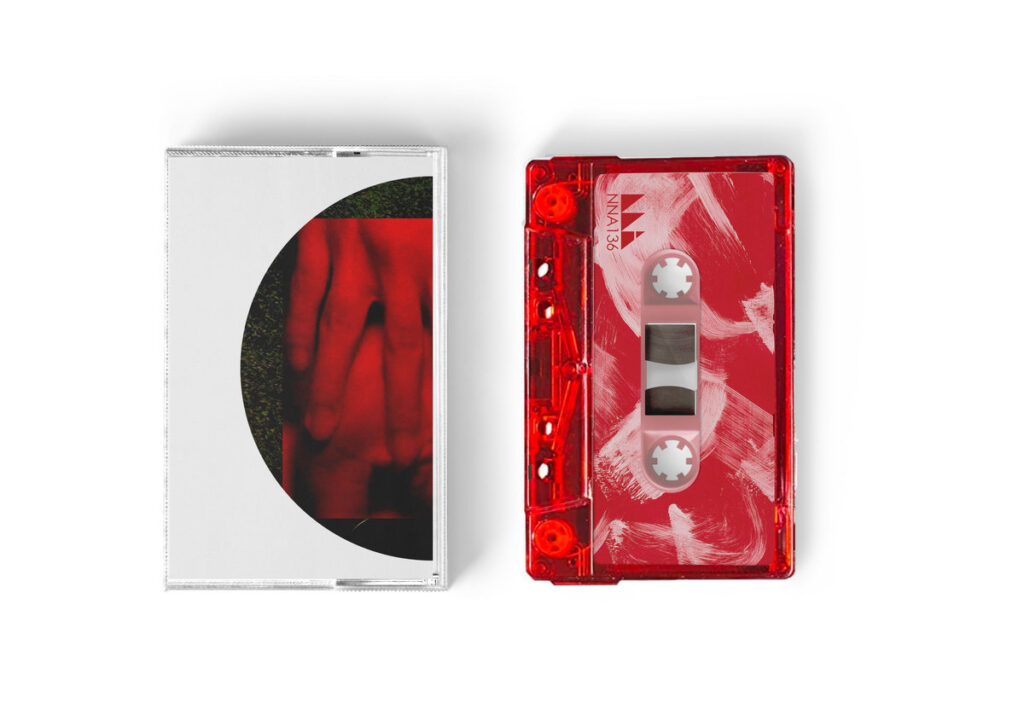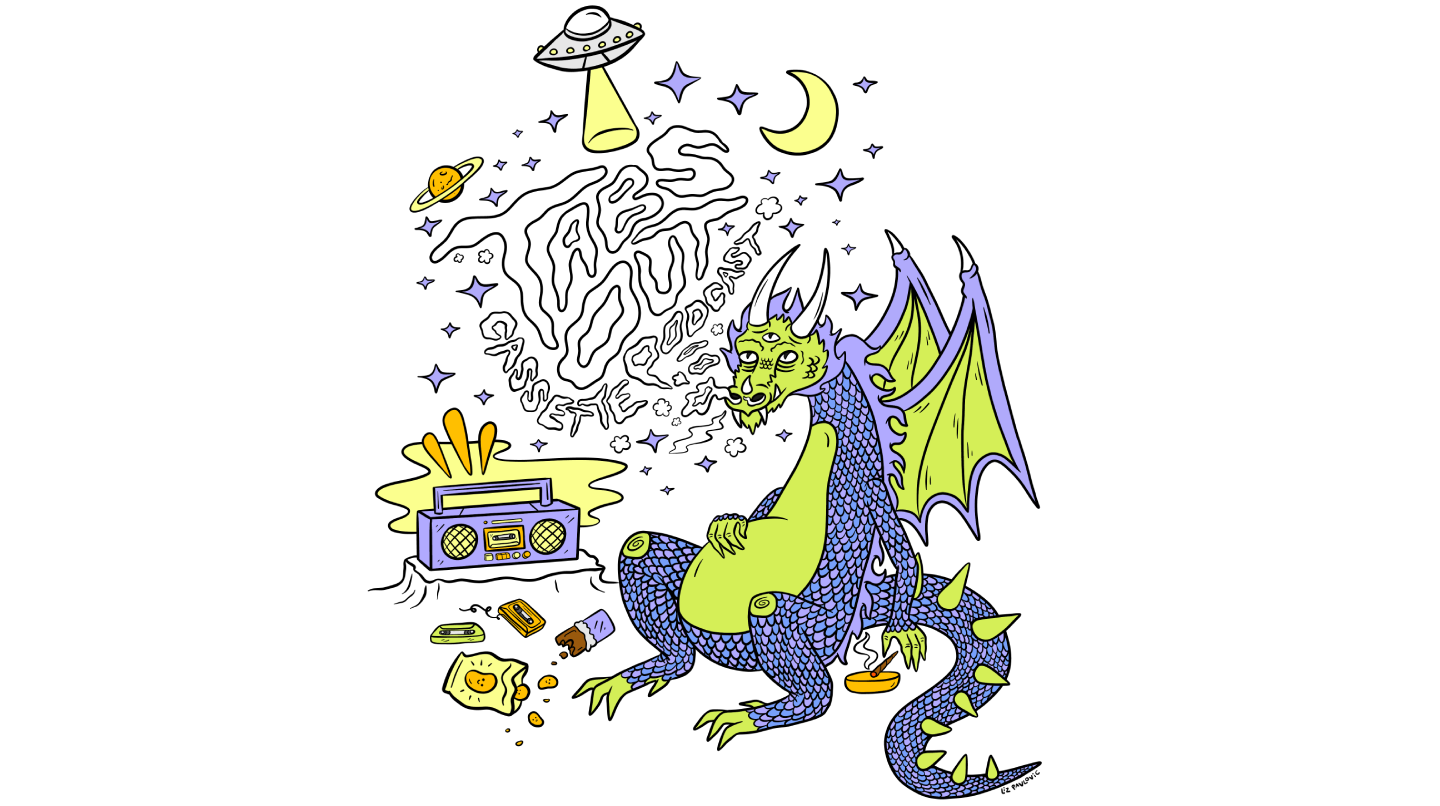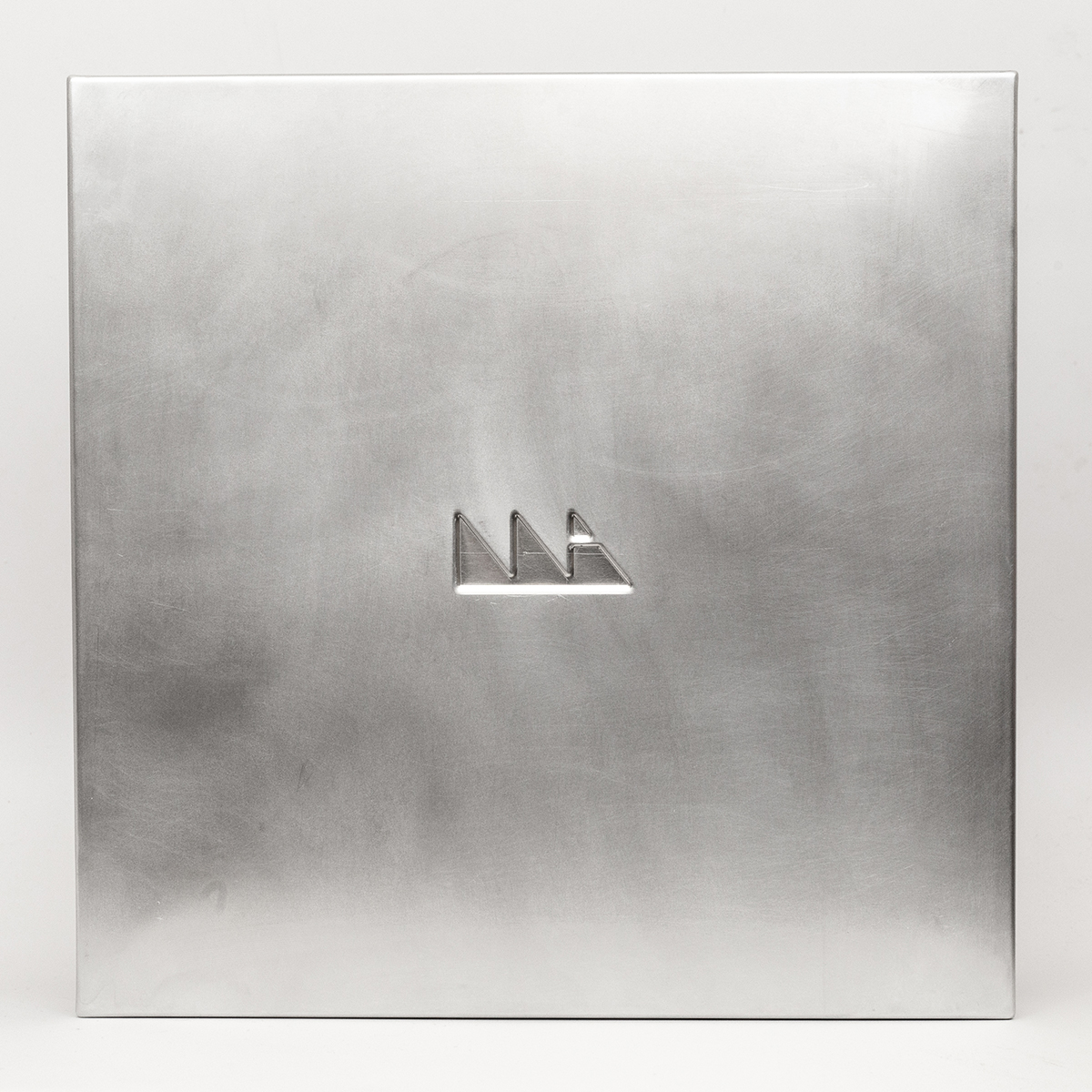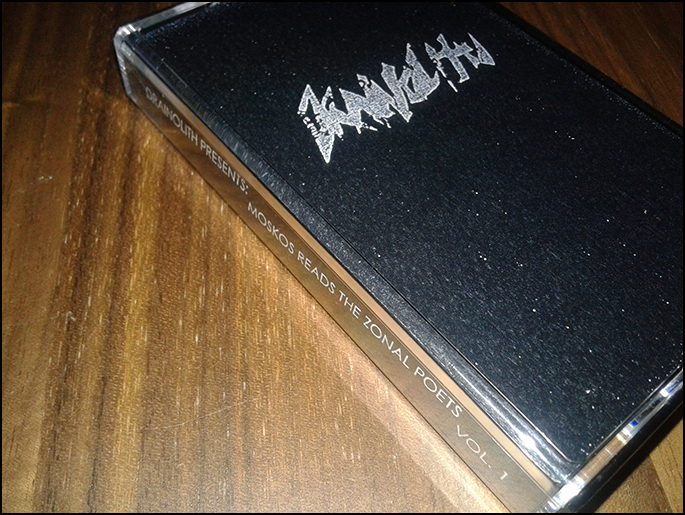7.21.21 by Matty McPherson

Perhaps you spotted Nayar’s sounds in the indie film, So Pretty, or you were waiting for her music to find a home on cassette. I’ve been hanging onto this second edition tape of Nayar’s debut for a couple months now, letting it unfurl with the sounds in my library. Nayar has a knack for making the liminality and overload of glitchy digital processing into an intimate, amorphous space of her own. In March 2020, she was supposed to play a bill with the Horse Lords. I could only imagine how dazzling her blend “ambient-electronic, shoegaze, trance, and folk” would have complemented those polytechnics’ own expansive dominions. The 8 pieces that comprise, Our Hands in the Dark, truly integrate those sounds, towards Nayar’s notion of “full sensory encompassment”.
This approach, on a general level, involves taking reverb-laden guitar loops and modifying them via Ableton and granular synthesizers; the results can glisten and trance. There are dazzling, multifaceted string arrangements, major-key midi get-ups, and glitch techniques sparking euphoric head rushes reminiscent of the field. Tracks like “Marigolds and Tulsi” and “New Strands” may be concise yet excel at highlighting a kind of timeless dimension that Diatom Deli often conjures. Never once though do the tracks lose sight of these kinds of blissful, jubilant emotions for the listeners. You want to savor these moments, even on the long form tracks.
It’s here where the album stretches into a lineage of Kranky-ambience somewhere between Deerhunter’s preconscious interludes of Cryptograms and Windy & Carl’s naturalistic maximalism. Like those two, it is a uniquely personal, situated piece of music, while leaning further into the trance dimension than those two. This is reinforced by the way vocals subvert simple classification. When they do appear though, as with Yatta’s aching on “Losing Too Is Still Ours,” their collaboration opts to approach with the voice as an instrument to the arrangement; no words, just heartbroken moans, chasming into drones that feel of a story that is as timeless as desire. Nayar’s other tracks that feature these types of vocals pull into the same realms. “Aurobindo” in particular, mends that delivery as if it’s a lullaby, before gazing off in an oblique, ominous direction. It’s on these tracks that Nayar can weave together euphoria and the bittersweet.
So it strikes me as intriguing to end on “No Future.” It’s an elated, midi-bursting track (with Zeelie Brown’s cello being manipulated over Nayar’s guitar) that practically bursts to the surface, even as it ends with a vocal sample that murmurs “there’s no future.” What that statement implies, more than just typical doom and gloom, feels out of reach. I’m not even certain how to take such a grim reminder, after an album filled with loops towards infinite possibilities, except to return to the start.
Not too long ago, I started working up a mixtape of heavy reverb laden music. One side loud, one side ambient. For the latter side, I opened with a smidgen of Stars of the Lid’s The Ballasted Orchestra’s “Sun Drugs” to be precise, and decided to layer it below Rachika Nayar’s “The Trembling of Glass,” the opening track from her debut tape, Our Hands Against the Dusk. Astonishingly, the low end hum matches precisely with those opening glimpses of Nayar’s orchestral recalcifications. It was an unexpected delight to imagine the way that guitar danced and twinkled, noting what it was linked to and the paths it can go forth from.
Second Pressing Sold Out on NNA Tapes
Related Links


